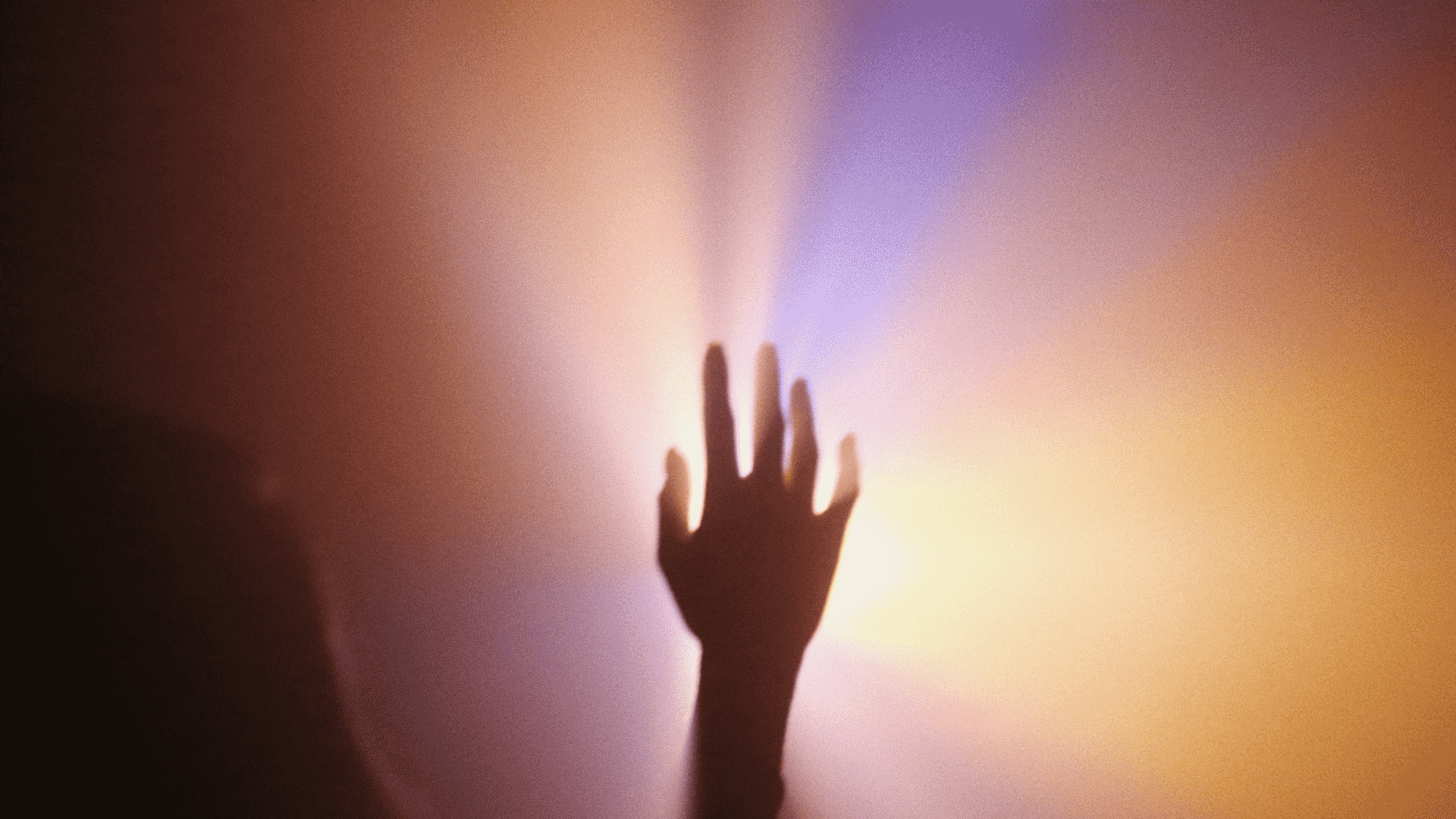It is half past five on a late sunny summer’s day at the DEPT® Festival. Tibetan Buddhist master and lama, Tulku Lobsang, is about to take to the stage in the Circus tent. Despite being one of the last scheduled speakers, it’s a full tent. With all seats taken, many people are sitting on the sand in the front of the stage as well as a big crowd standing at the back. Tulku himself is sitting on an orange cushion, an essence of calmness radiates throughout the tent, and within a matter of seconds he wins the audience’s hearts over. With everyone’s attention directed towards him, he opens with “I never learn English. My English very simple”.
Checking out at hotel Mother Earth
Despite his difficulties with the English language, this does not stop Tulku from getting his message across in a crystal-clear way. Through the extensive use of metaphors, silent pauses, and repetition, he begins by explaining that we are all guests at hotel Mother Earth. And according to the Buddhist master, there are three good ways in which you can check out of this hotel; happy, without fear and without regret. The audience in the tent is silent and seem to be curious about how this can be achieved.
Stop chasing after dreams and wake up
According to Tulku, “Westerners” are always trying to pursue their dreams. After accomplishing a dream, they actively seek out a new one and are continuously in action mode. He claims that Westerners common behaviour demonstrates that happiness has to be “earned” and depends on external factors. Using the weather as an example, he stated that people shouldn’t base their happiness on the sun, given that it comes and goes. Instead, people should ensure that their “inner sunshine” is always there. It all sounds quite simple, but how do you do that?
Conditional happiness is like a battery
Before enlightening us further, he digs a little deeper into the way the Western people deal with happiness. Apparently, they act as if happiness is conditional. A behaviour which he illustrates by using a battery as an example. When flat, it needs to be charged up. And if left uncharged, there is only one outcome, unhappiness. Which, according to Tulku, is unnecessary. Happiness should be unconditional.
You are the goal of this life
Suddenly a big smile appears on his face as he starts to address the crowd: “Everybody okay? I hope I’m not going in the wrong direction. You all so serious”, he says. Moving back to his story, Tulku stresses that life has no purpose, but that we are the goal of life. Although he doesn’t condemn our pursuit of happiness through chasing dreams, he emphasises that it is not the route to happiness. We already have everything that we need to achieve a constant level of happiness. Our quality of life and standard of living are incredibly high when compared to the rest of the world.
One medicine for all problems
According to the Buddhist master, relaxing is deeply important towards achieving happiness. “Relax,” he says, a word which he must have repeated at least twenty-five times throughout his talk. Relaxation should come naturally and is something that everybody knows how to do. The key is doing nothing at all, merely sit down in a pleasing posture while blocking out all external stimuli, and breathe.
Tulku believes that similarly to emotions such as anger and love, relaxation, or in better words, meditation is something we should do naturally. But, “nobody relax because so cheap,” he exclaimed with a grin, implying that Westerners only like expensive things. To which the crowd starts laughing.
Last life, last chance
Besides meditation, there are two important lessons to be learnt from his talk. First of all, he feels that Westerners do not believe in the afterlife and therefore, they have a “one and only chance” mentality. That is, we have to achieve our dreams in this life. As a Buddhist, Tulku believes in several lives, which leads him, and many other Buddhists, to have a more relaxed – and thus happy – approach to life.
He quickly followed up with his second lesson which he gives with a wink. His advice is: “You do not want happy? Please do not forget to change others.” Assuming that the average person wants to be happy, his advice is exactly the opposite. From this, he means that one of the main reasons that we are not happy is the fact that we continuously try to change other people. To emphasise his point, he says that cows are often happier than we are; simply because they do not know how to change each other. Therefore, from his talk, we should stop trying to change others as this leads to unhappiness. Changing yourself, on the other hand, gives you freedom. That is your wisdom. Your strength.
More Insights?
View all InsightsQuestions?
Head of Marketing, EMEA





